

Szabolcs László, research fellow at our institute, contributed a chapter to the newly published, open access volume, entitled Integration and Collaborative Imperialism in Modern Europe: At the Margins of Empire, 1800-1950 and edited by Bernhard C. Schär and Mikko Toivanen.
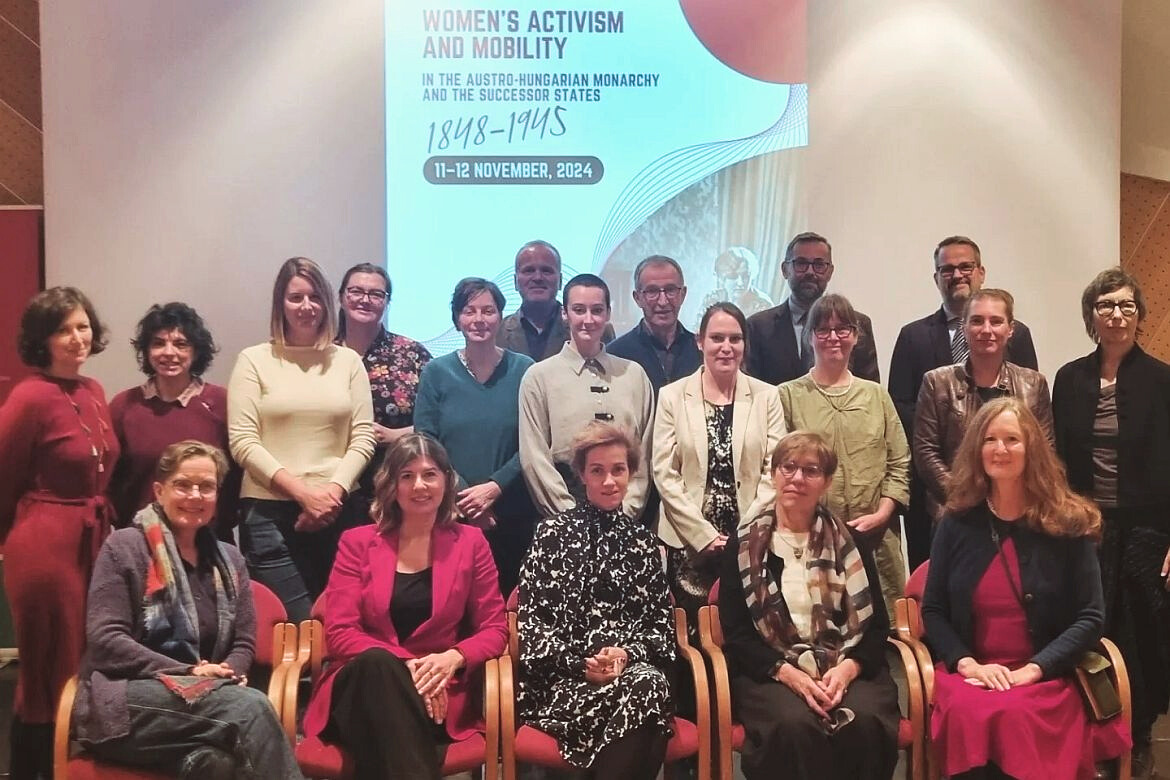
On 11–12 November 2024, the workshop titled International Networks of Women’s Activism and Mobility in the Austro-Hungarian Monarchy and the Successor States 1848–1945 took place at the Collegium Hungaricum Vienna.
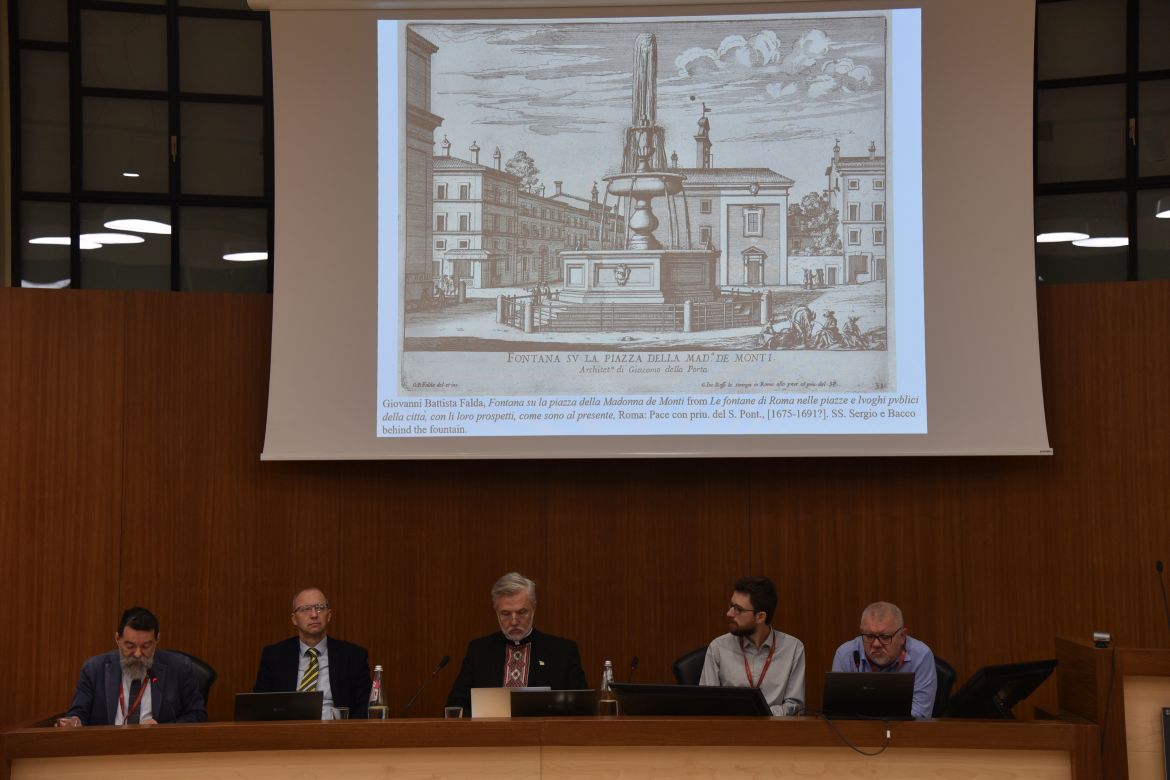
A joint conference on the history of the Ukrainian Greek Catholic Church in the first half of the 17th century was held at the Pontifical Gregorian University in Rome on 16 and 17 October 2024. The conference was organised by the Pontificia Università Gregoriana, the Catholic University of America and the Ukrainian Catholic University.

Gusztáv D. Kecskés, Research Professor at our institute, has published a monograph entitled Humanitarian Campaign on a Global Scale: The International Red Cross and the 1956 Hungarian Refugees, which can be downloaded from the website of the Wilson Center (Washington).
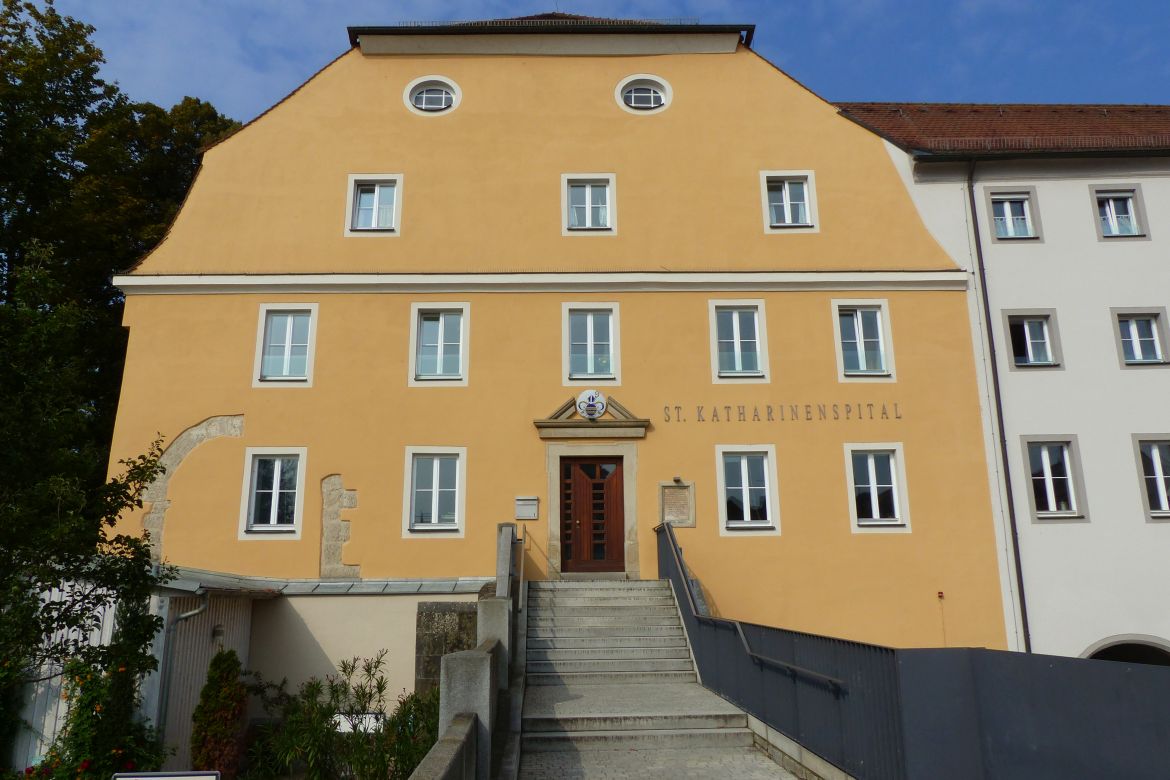
Janka Kovács, a postdoctoral researcher at our institute, participated in a bilingual workshop on hospital history in Regensburg, Germany, from 6-9 October 2024.
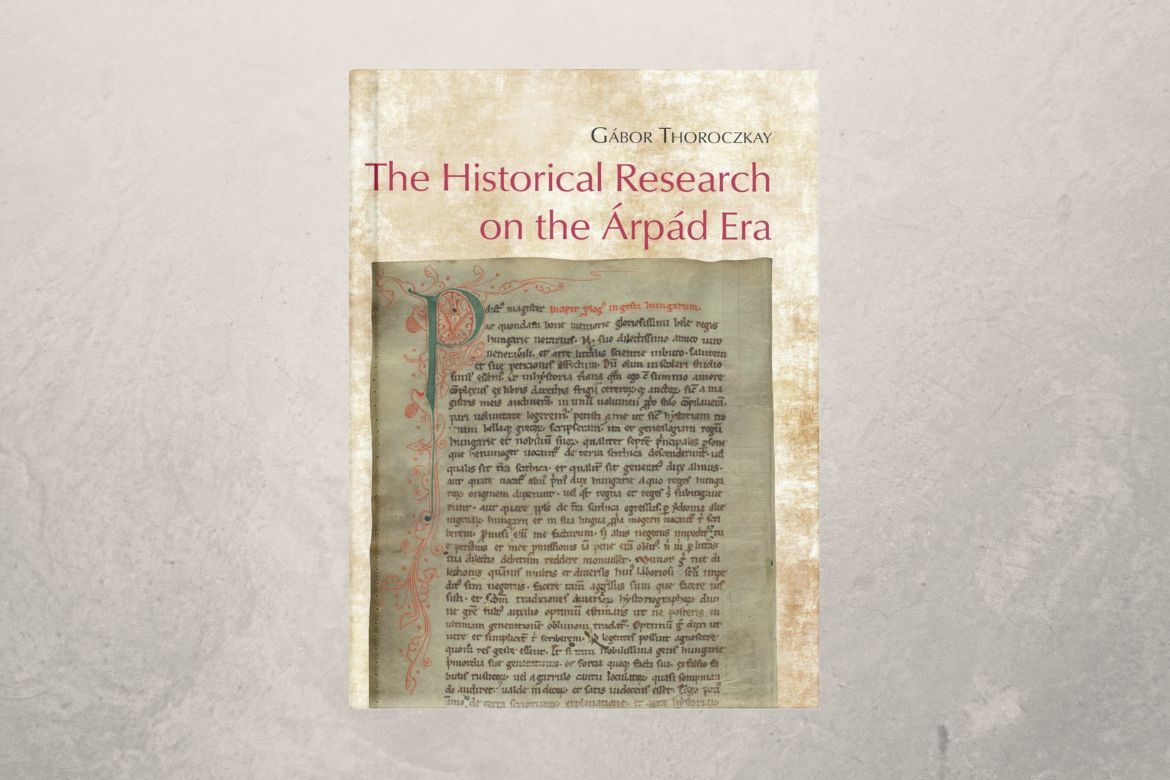
The Historical Research on the Árpád Era – From the Austro-Hungarian Compromise (1867) to the Present Day a monograph in English by Gábor Thoroczkay, Associate Professor of the Department of Medieval History at ELTE, has been published as the 17th volume of the Arpadiana series.
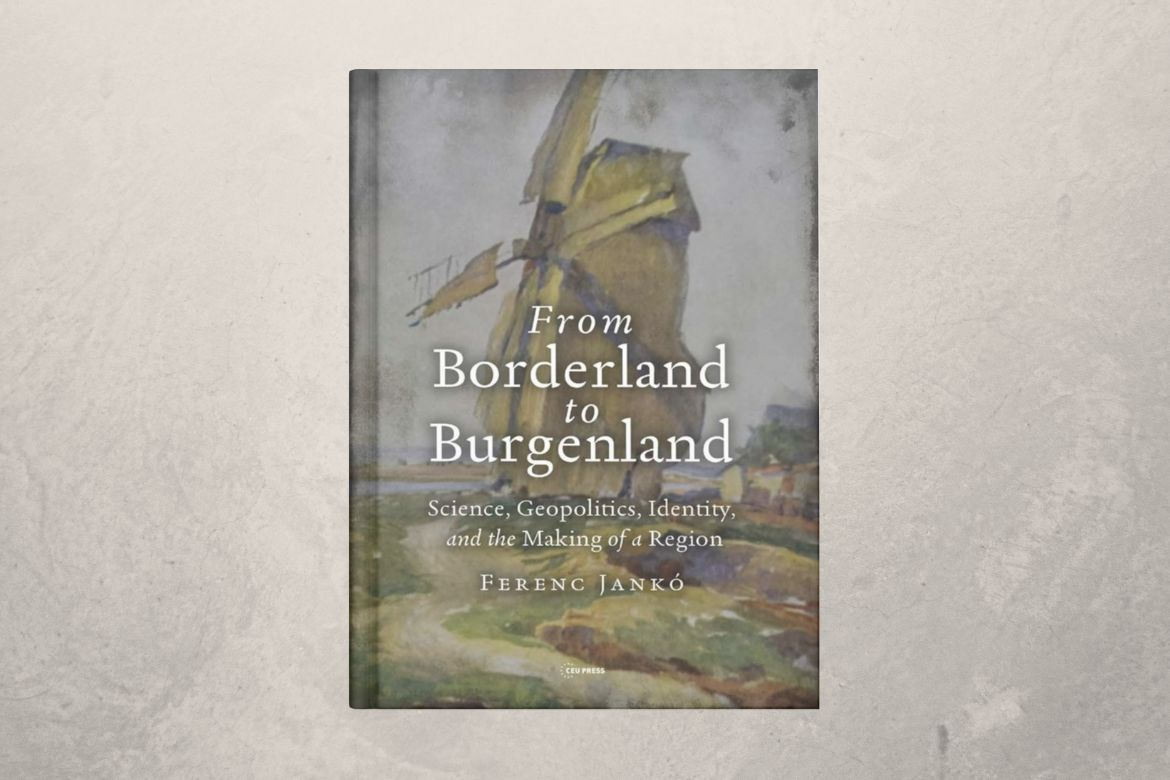
The book From Borderland to Burgenland. Science, Geopolitics, Identity, and the Making of a Region by Ferenc Jankó, geographer and member of the Ten Generations Research Group was published by CEU Press.
Page 3 of 7